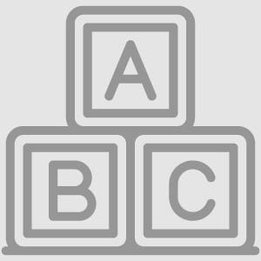Guided reading
What is it?
Guided reading emerged as a small-group reading instruction in the 1980s in New Zealand and Australia. During guided reading:
- Teachers select appropriate books for groups rather than following a rigid sequence.
- Each pupil reads the text, or a section of the text quietly to him or herself.
- The make-up of groups should change dependent on pupil ability and need, and shouldn’t be ‘set’.
- In each guided reading group, teachers teach for: word solving, searching for and using information, self-monitoring and correcting, summarising information, maintaining fluency, adjusting for purpose and genre, predicting, making connections (personal, other texts, and world knowledge), synthesising, inferring, analysing, and critiquing (Pinnell & Fountas, 2008a).
- The teacher’s introduction supports critical thinking and deep comprehension.
- Discussion of the meaning is grounded in the text and expands thinking.
- Rather than completing exercises or workbook pages, pupils may write or draw about reading.
- The teacher has the opportunity to provide explicit instruction in a range of reading strategies.
- The teacher incorporates explicit vocabulary instruction and phonics or word work.
What does the research show?
An important study supports the comprehensive framework described left (Biancarosa, Bryk, & Dexter, 2008). Teachers had professional development and coaching over a number of years to implement all elements of the framework. Dr. Anthony Bryk and his research team gathered data on 8,500 children who had passed through years 1-4; they collected Autumn and Spring data from these pupils as well as observational data on 240 teachers. Here are the primary findings:
The average rate of pupil learning increased by 16% over the course of the first implementation year, 28% in the second year, and 32% in the third year— very substantial increases.
Teacher expertise increased substantially, and the rate of improvement was related to the extent of coaching teachers received.
Professional communication among teachers in the schools increased over the course of the implementation, and the literacy coordinator (coach) became more central to the schools’ communication networks.

